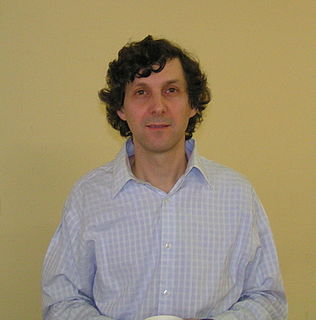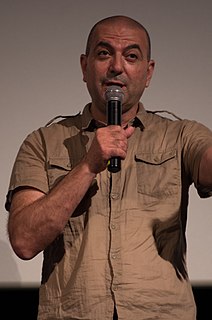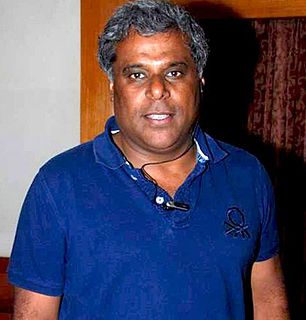A Quote by Anne Carson
The Greek language seems different than other languages. I'm not the only person to think this. Usually, I come up with some kind of dopey metaphor for why it's different. But it seems, somehow, more original, more like being in the morning of language.
Related Quotes
If you go back a century in Europe, all over the place people were speaking different languages. There were dozens of languages in France and Italy, and they're all called French [and Italian], but they were not mutually comprehensible. They were different languages. And they have mostly disappeared in the last century or so. Some are being preserved, like Welsh, some are being revived, like Basque or Catelan to some extent. There are plenty of people in Europe who can't talk to their grandmother because they talk a different language.
In Europe there's kind of a reaction to the European Union, kind of a move towards some kind of regionalization. It's more advanced in some regions than others, like in Spain for example. Catelan was repressed under Franco. People spoke it, but not publicly. It's now the language of Catelonia. The Basque language is being revived, not just the language but the culture, the folk music and everything else. So you're getting more diverse societies, and it's happening in Britain as well.
And there are also languages that divide nouns into much more specific genders. The African language Supyire from Mali has five genders: humans, big things, small things, collectives, and liquids. Bantu languages such as Swahili have up to ten genders, and the Australian language Ngan’gityemerri is said to have fifteen different genders, which include, among others, masculine human, feminine human, canines, non-canine animals, vegetables, drinks, and two different genders for spears (depending on size and material).
I work in Hebrew. Hebrew is deeply inspired by other languages. Not now, for the last three thousand years, Hebrew has been penetrated and fertilized by ancient Semitic languages - by Aramaic, by Greek, by Latin, by Arabic, by Yiddish, by Latino, by German, by Russian, by English, I could go on and on. It's very much like English. The English language took in many many fertilizations, many many genes, from other languages, from foreign languages - Latin, French, Nordic languages, German, Scandinavian languages. Every language has influences and is an influence.
Politics is different than movies. Politics are controlled by leaders. Leaders of every country have different interests. And they try to explain to their people why they should take one side or the other side. But in the movie its doing the opposite. It allows you to have a Universal Experience. You don't watch it as politics but as a movie. You don't have different reactions all over. It's so universal a language. It's not a political language serving a political agenda. The language of cinema is a world language. With the Hollywood movie, it brings about the same reaction wherever it goes.
The hardest thing is being with other people — it's like they're on a different wavelength, but only you know it. They talk about their lives and what's wrong with them, and you kind of, like, just let them go. It's a whole different language, and you've got to remember that you can only respond in their mother tongue. It's really hard to relate.






































